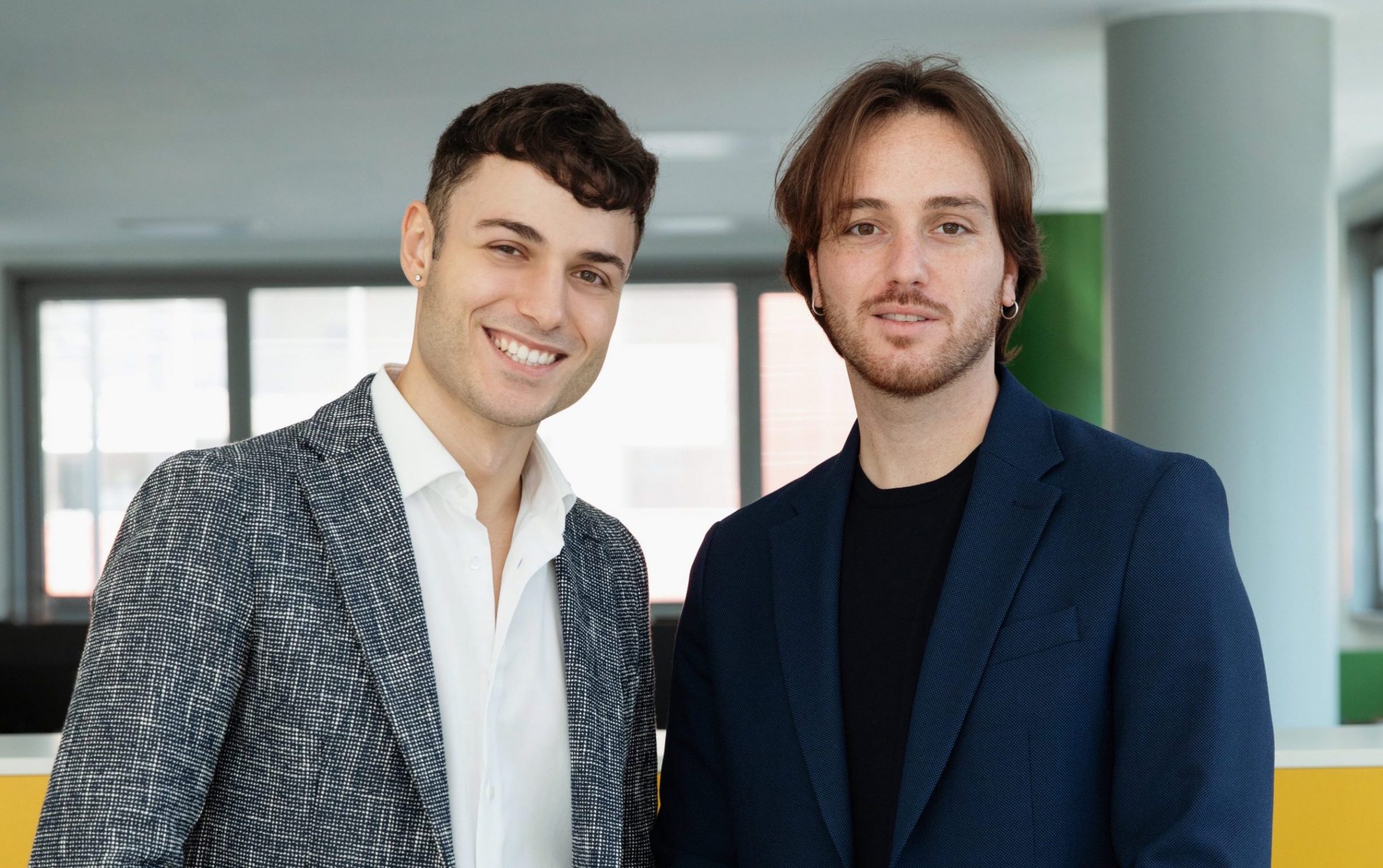“Fifty million euros.” I’m stunned—the amount is enormous, and it’s what BonusX has achieved for its users so far. 4246 Trustpilot reviews with a 4.8/5 rating speak for themselves.
Despite his humble and spontaneous demeanor, Fabrizio Pinci is smiling and confident, embodying the startup founder cliché, as he casually shares data that would make many profit-driven companies jump for joy. However, the more I talk with him, the clearer it becomes that his company’s helm is firmly oriented towards ethical values and social impact. This was already hinted to me by the beloved Mabiloft guys, who have long been working together with them, which is why I am pleased to have had this discussion. For us at Ensoul, this is a very interesting and concrete case study of an ethical business model.
Before our conversation began, I already had many topics on the table: the ethical use of technology, the importance of user experience over mere technology stacks, and how a company transforms and branches out when growing so rapidly. But we discussed much more, and you will find it all in the video.
Just a bit of context before you hit play.
Fabrizio founded BonusX together with Giovanni Pizza in 2020, and in less than four years, they have consolidated around 450,000 users, diverse in age, occupation, and geographic location, but with a common denominator: the search for opportunities. Bonuses for kindergartens, transportation, home renovations, study opportunities, and a thousand other possibilities.
When signing up, the user must complete a questionnaire—which varies in duration and questions depending on the user’s choices, adapting in real-time—and at the end of the process, a series of bureaucratic and fiscal opportunities tailored to the individual user are presented.
“There are international studies on this—one by Eurofound—that show that despite the thousands of billions budgeted annually at the community level, about one in two eligible users—peaking at 60%—fails to obtain services. Why? Because first of all, the information is complex, especially nowadays. We have constantly changing information. New laws, new bureaucracy, new rules that change very quickly, using very technical language; most people cannot keep up, cannot understand, and above all, information is increasingly fragmented, with sites always talking about small things. Often there’s clickbait to create engagement, and real value is rarely delivered online. Most of the time, the information is accurate, but it prioritizes quick information. So, we started from there; we wanted to help people understand the things they were entitled to because it is their right to obtain them.”
I am intrigued by his definition of a “Hub of Opportunities.”
“I would like BonusX to become a hub of opportunities for those who don’t know they have possibilities and want to find a simple way to navigate the vast sea of bureaucracy. It doesn’t just digitize processes but aims to revolutionize the interaction between citizens and public administration.”
With the ambitious and forward-looking goal of expanding its action to other countries.
[I can’t imagine the technical and bureaucratic complexity, but his confidence reassures me, ndFu].
Obviously, as a good techie, besides the ethical values, I am very interested in their experience from a strictly technological point of view. Before the interview, I signed up on the site and had the chance to experience firsthand the complexity of the evolution behind the initial form. Simple, direct questions leading to a path where simplification and “de-bureaucratization” is the primary goal. We are not and cannot be at the level of Roosevelt’s “fireside chats,” but it is an important work on language and experience that must accompany very diverse users without diminishing the complexity of the context.
“Faced with the question of whether the house of residence was owned, rented, or other, we had an 18-19% drop rate at that single question—we lost almost 20% of users—at that single question. Incredible. Because people sometimes do not understand this interpretation of the word ‘locazione’ (rental). People live in rent, they do not live in ‘locazione.’ The correct word for a housing lease is ‘locazione,’ the rental contract. The drop rate has lowered from 18% to less than 1%, about 1%, practically. It was enough to change a single word.”
The first sensation, upon completing the registration process, is an abundance of possibilities. I will have a lot to read, fortunately.
Social Impact
The communication clearly does not stop at the executive work within the site and app but has extended to a full-time and ever-growing editorial plan, requiring an ever-increasing and more specialized workforce within the company.
“We primarily wanted to help people understand the things they were entitled to because it is their right to obtain them. The worst thing is that often people were not only held back by this context but also by themselves because they were not even encouraged to seek them out. This was the main driver: we saw from the start that what we thought was an Italian problem—because there is a self-stigma in thinking we are the worst off—is actually an international problem that extends to the United States and covers all Western countries.
I’ll give you an example: tomorrow I imagine a young person on BonusX managing their bureaucracy, their digital identity with the public administration on BonusX, finding opportunities on BonusX in Italy, going on Erasmus, going to Spain, changing their residence, updating their location on BonusX, finding Spanish bonuses, going to France for an internship, finding French ones, and so on.”
It was a very interesting and inspiring conversation.
Happy listening.
Listen on Spotify

